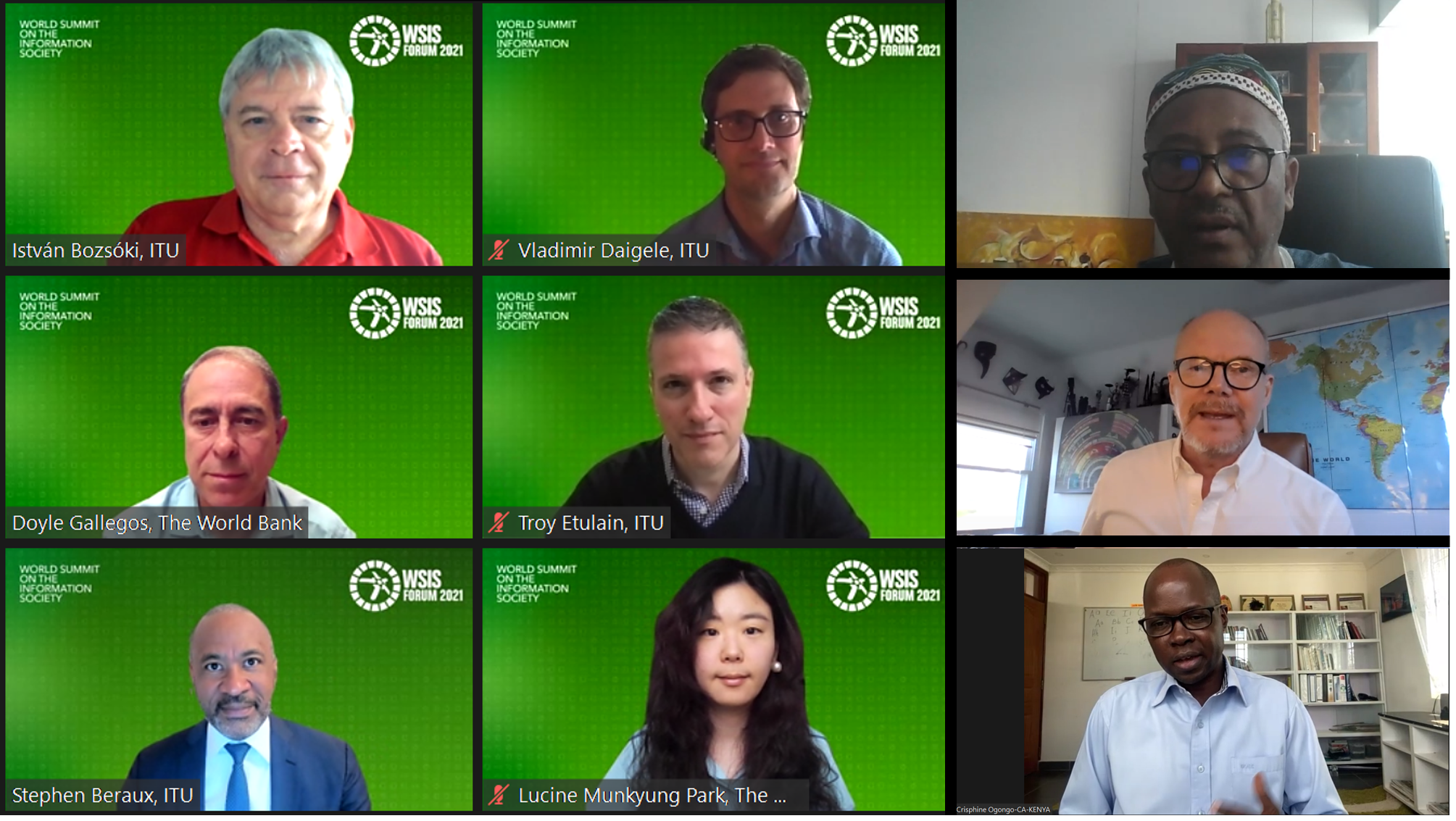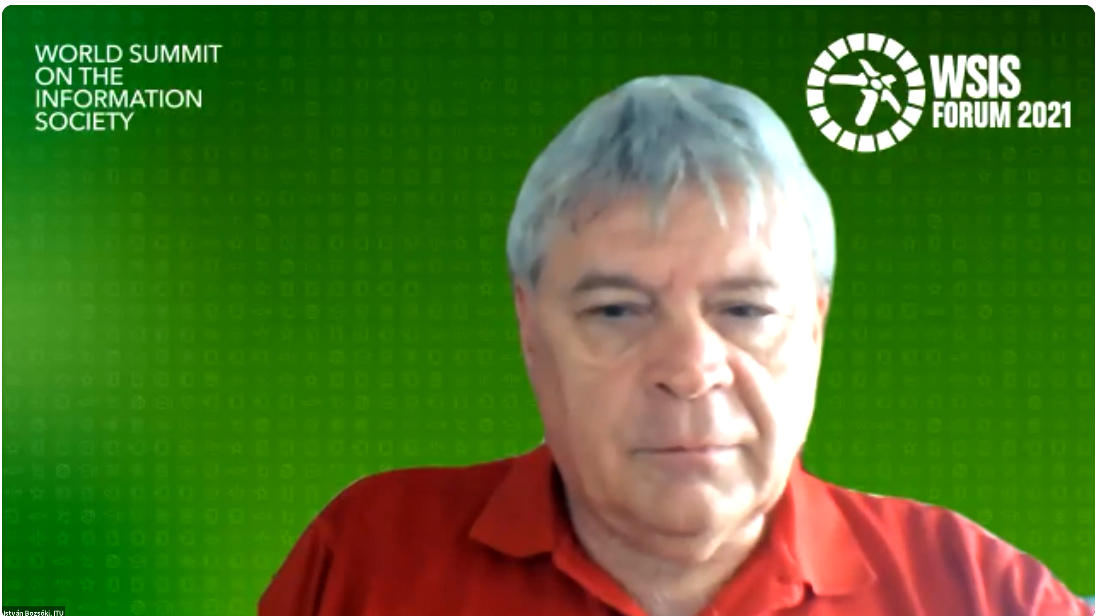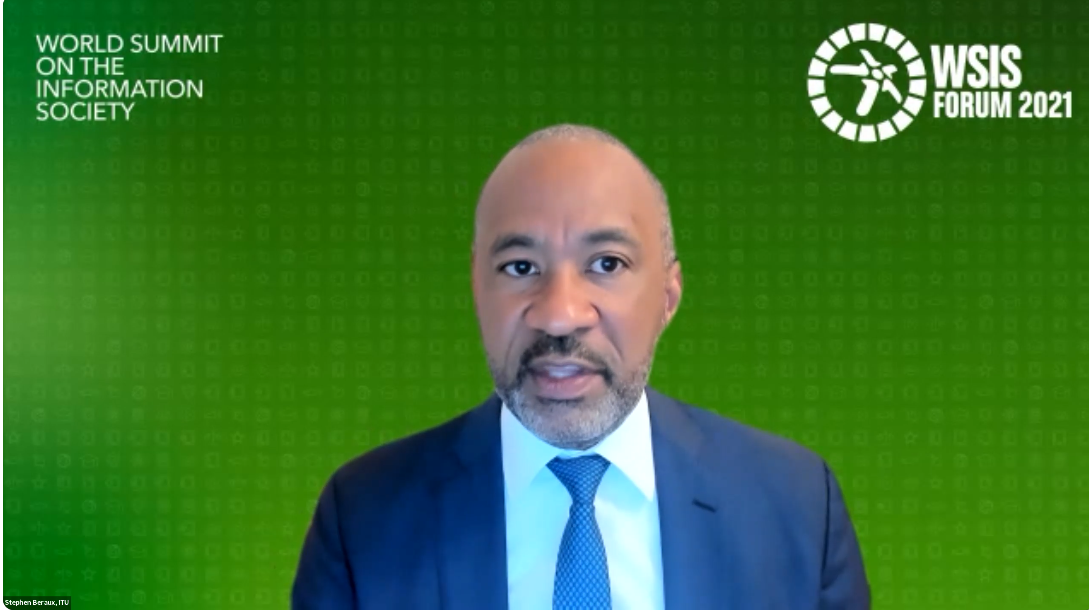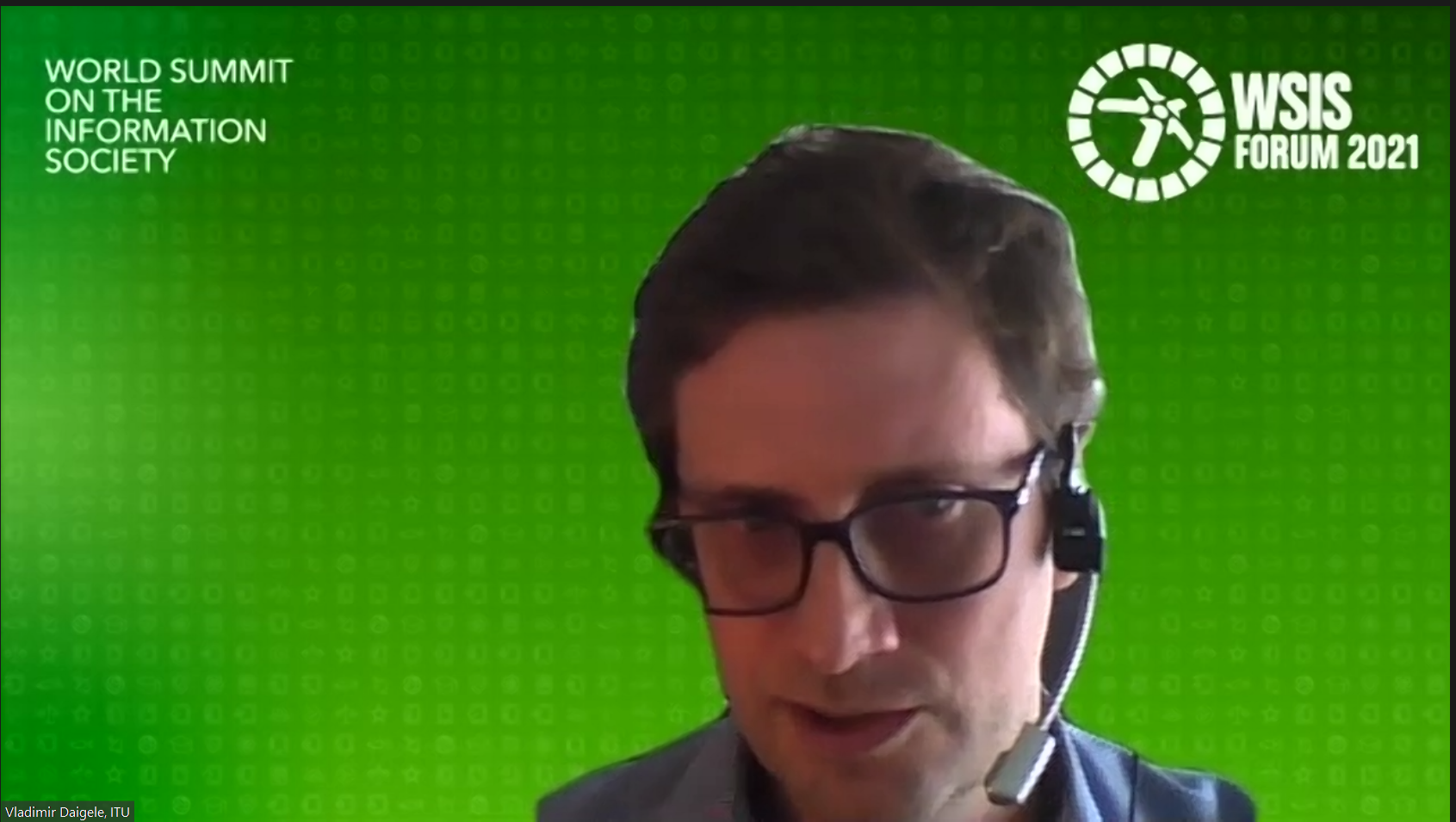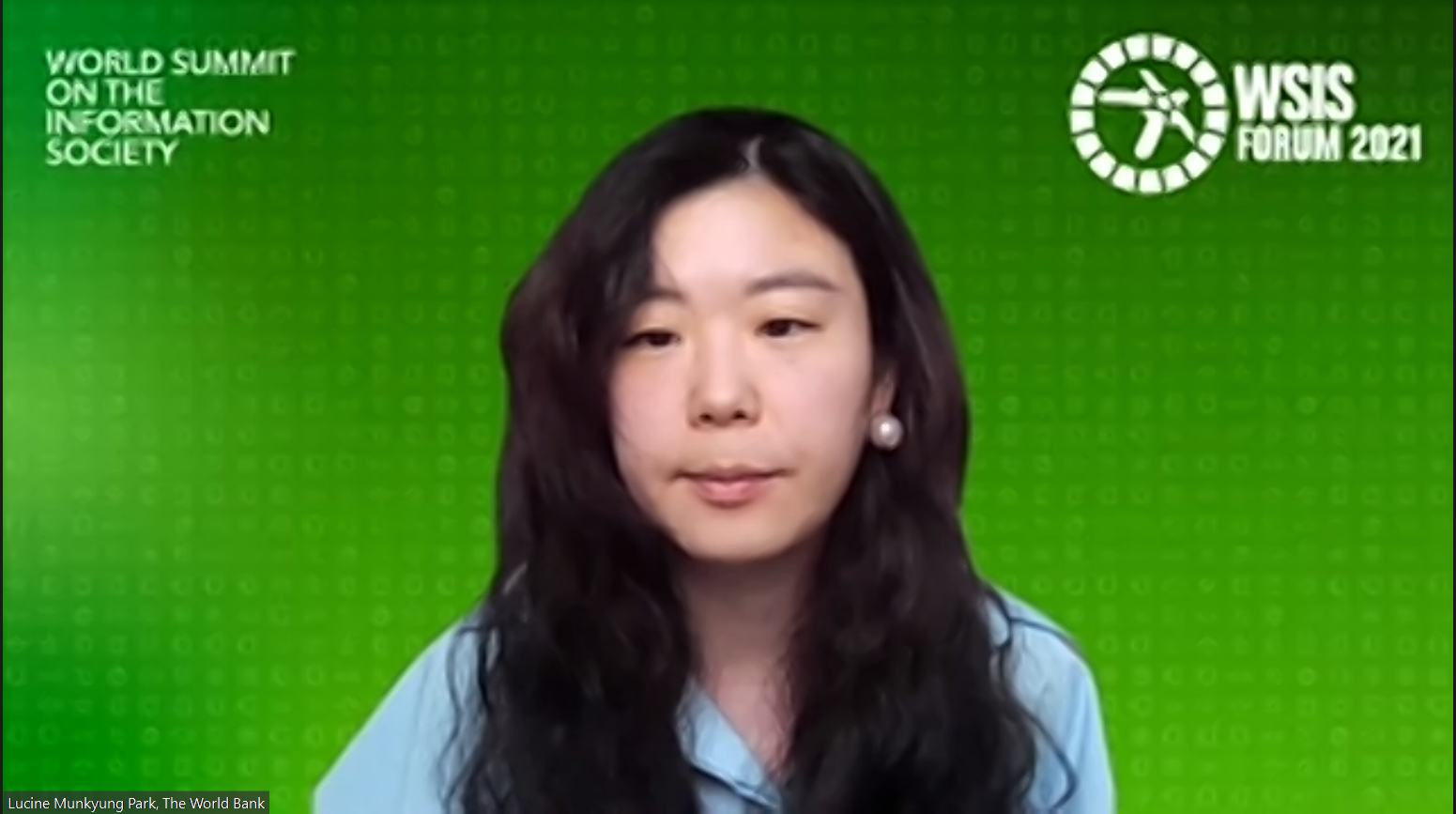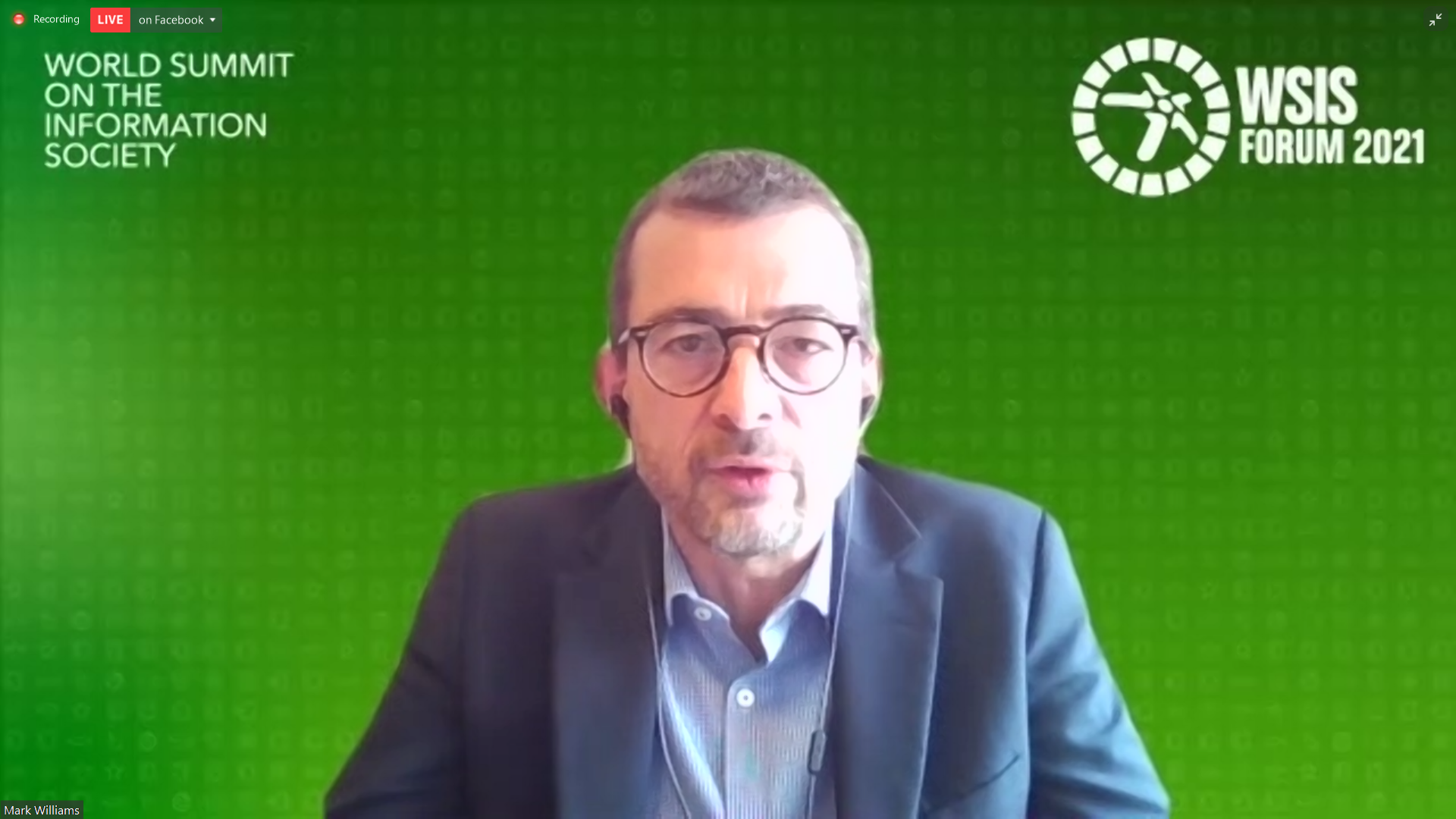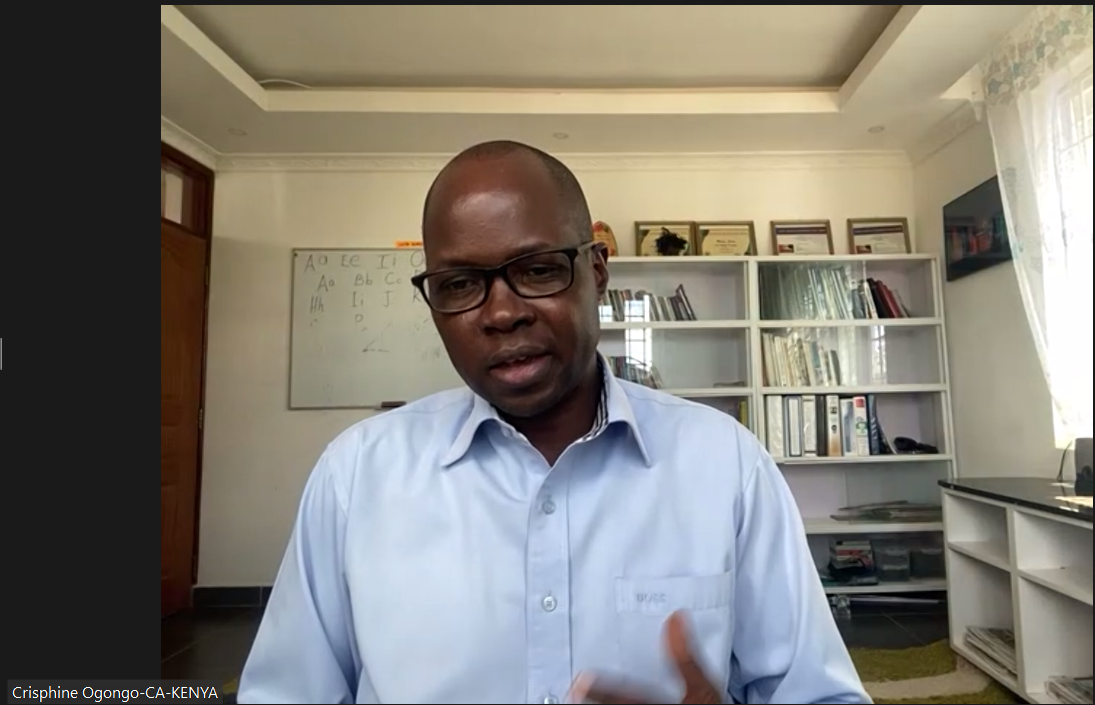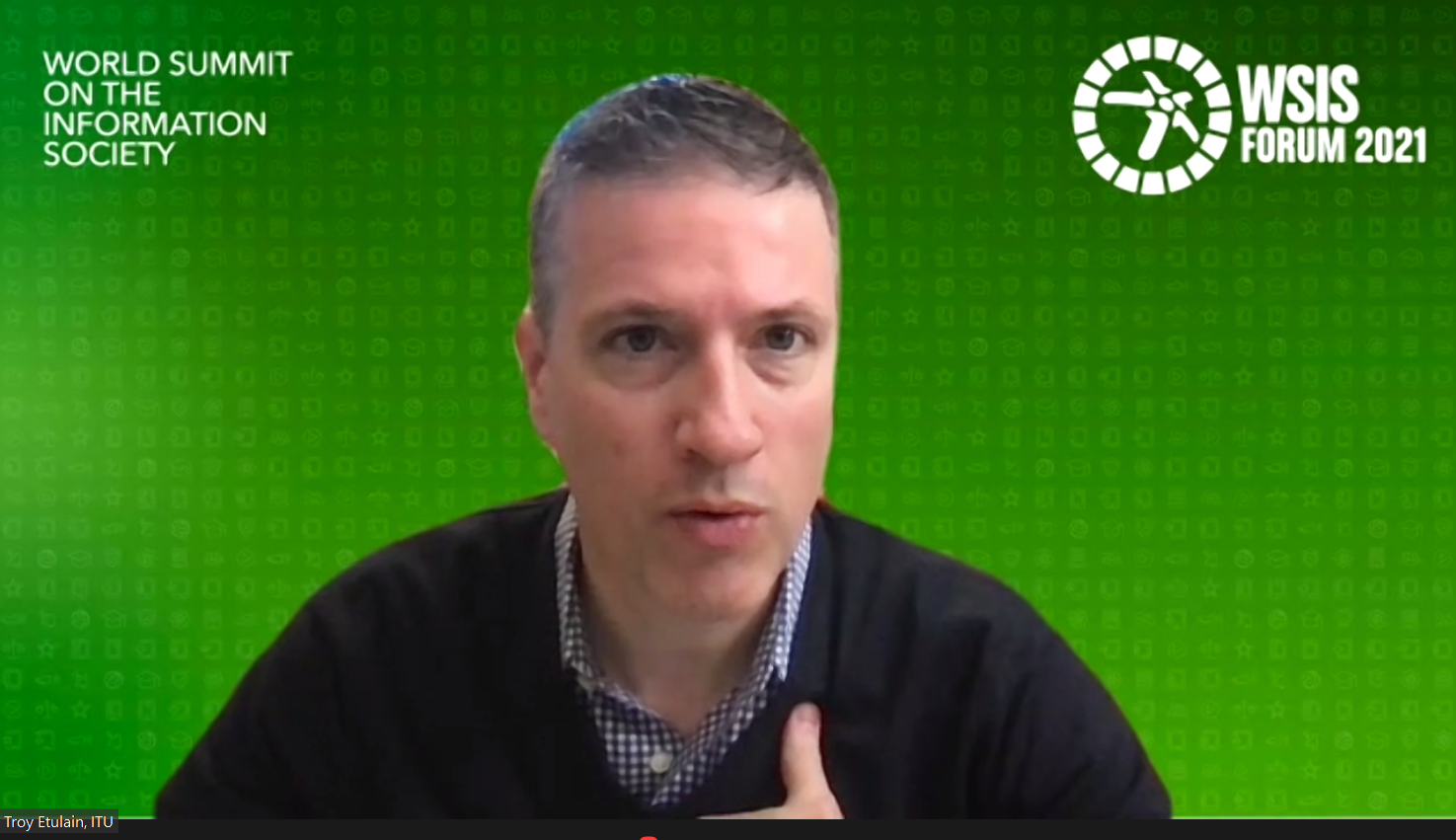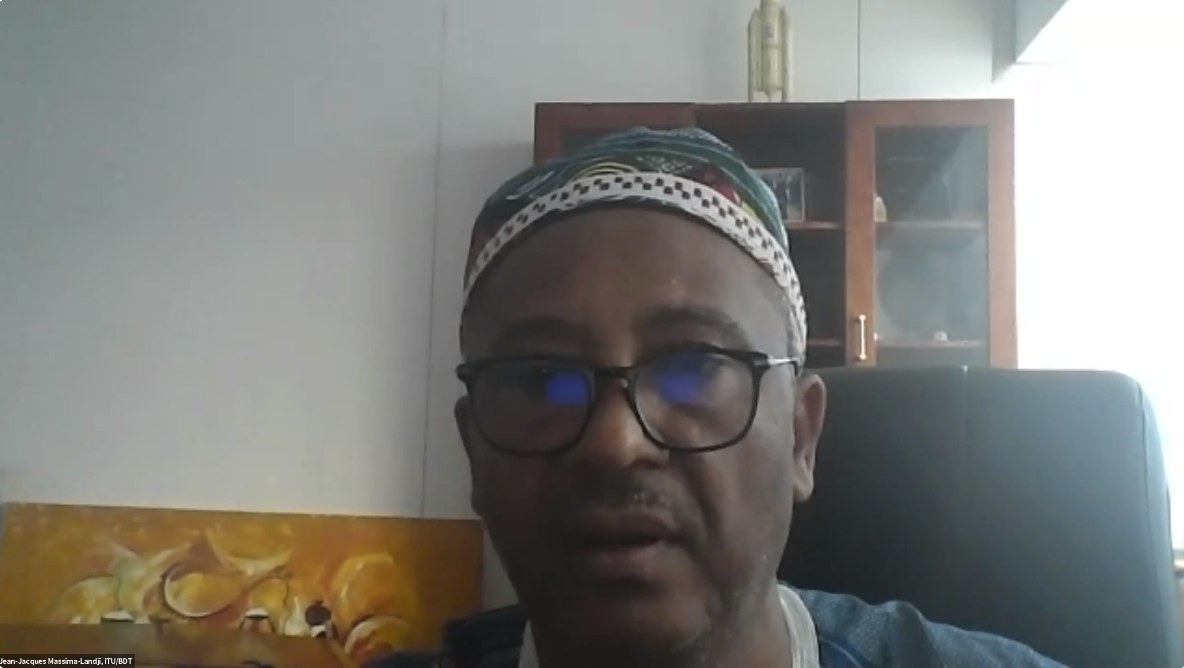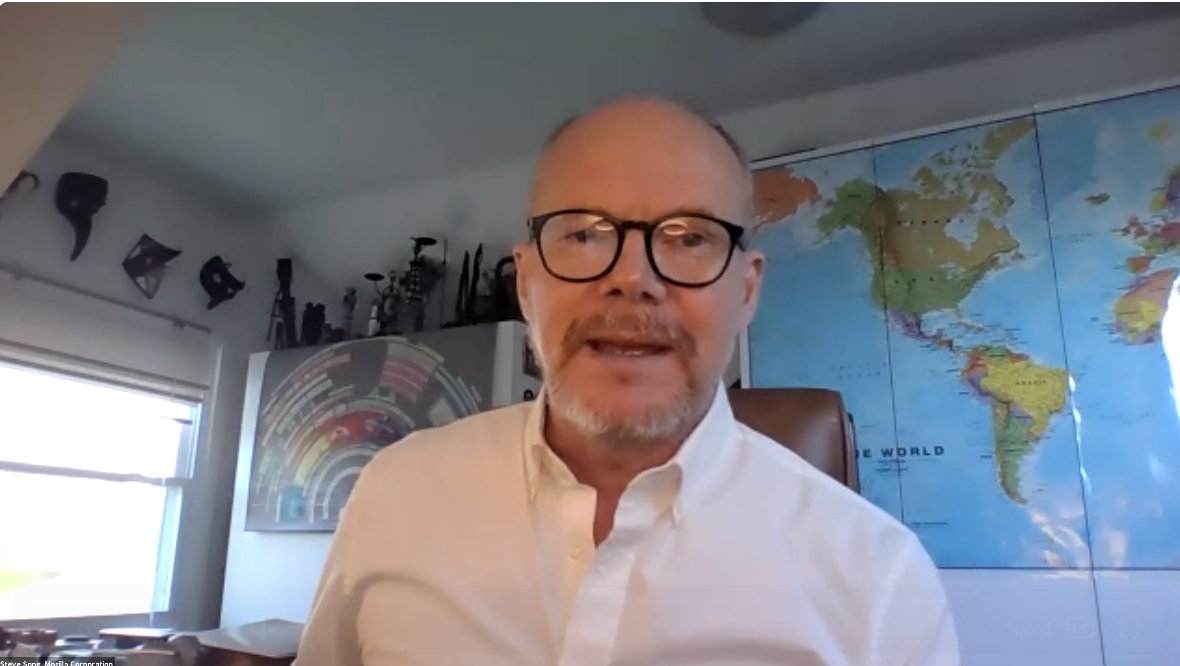Fiber Open Data – making data available for Africa
World Bank/ITU
Session 413
Background and Context:
The World Bank (WB) and ITU convened to reaffirm their commitment to the Joint Declaration on Cooperation on the Advancement of the 2030 Agenda for Sustainable Development (Joint Declaration) by partnering to develop an Open Standard for terrestrial Optical Fiber Cable (OFC) infrastructure data and usable maps for terrestrial OFC infrastructure in Africa. The initiative builds on successful past and existing collaborations between the two institutions under the Joint Declaration, including the development of the Digital Regulation Handbook and Online platform.
The ongoing COVID-19 pandemic has underscored the importance of access to broadband internet connectivity to mitigate against its negative impacts. However, while digital connectivity and technologies unlocked opportunities for some during the pandemic, large portions of the population in developing countries remain unconnected to the internet. Given the scale of investment needs to fill access gaps for high-speed broadband services for all by 2030, the availability to adequate data on existing telecom infrastructure, particularly fiber optic infrastructure, can support decisions for more targeted and cost-efficient infrastructure investments by the private and public sectors.
Currently, the telecom sector lacks readily available and usable terrestrial fiber infrastructure data, and the data available is varied in format, scale of information, and ownership. These challenges of availability of usable data arising from distributed ownership of infrastructure, and lack of harmonization when available, creates a more complex digital ecosystem that requires a greater level of publicly available data with high levels of standardization and transparency to better understand the impact of existing and potential investments in fiber digital infrastructure.
This initiative aims to improve the availability of terrestrial OFC infrastructure data in accessible and standardized formats to enable data-driven decision-making by public and private sector stakeholders and support research and innovation. The initiative leverages the unique advantages of both institutions such as technical expertise, convening, advocacy, and consensus building among sector stakeholders to address a key challenge in the sector, and also aligns with the missions of both institutions. WB and ITU agreed to take a co-leadership role in this initiative and will source inputs from the industry, academia, alternative OFC infrastructure owners, and other relevant sector stakeholders to develop and build consensus around and Open Standard for terrestrial OFC infrastructure.
ITU and WB agreed to provide a presentation through the World Summit on the Information Society Forum (WSIS), Broadband Commission meeting on March 22nd, UN President of the General Assembly’s high-level events are planned on April 29th.
Scale and scope of the Activity:
The objective of the joint initiative is to create an open standard for terrestrial OFC data and to create a digital map of terrestrial OFC infrastructure worldwide as a public good. The developed Open Standard would be global by definition, and the two parties agreed to develop an initial usable map of terrestrial OFC infrastructure in Africa and associated analytical applications (including integration with the World Bank’s Global Infrastructure Map), which would be scaled to a global level once the initial exercise to develop datasets and applications in Africa is completed. The team also agreed to eventually expand the scope beyond fiber to include other connectivity data types upon completion of this activity.
In this session, ITU and WB experts will provide information on this initiative and relevant complementary activities that can boost awareness and help build consensus around adoption of the developed Open Standard.
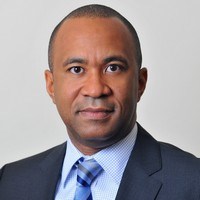
Stephen Bereaux is the Deputy to the Director of the ITU Telecommunication Development Bureau since 7 March 2020.
Mr. Bereaux is an experienced regulator, with more than 20 years of executive and senior management experience in regulatory bodies in the Caribbean region. Prior to joining ITU, Mr Bereaux was Chief Executive Officer of the Utilities Regulation and Competition Authority (URCA), Bahamas which regulates the ICT and Electricity sectors, advises the Government on policies relating to those sectors, and represents The Bahamas at international sector related organisations such as the ITU.
Prior to joining URCA in 2010, Mr. Bereaux served in senior management roles at the Telecommunications Authority of Trinidad and Tobago (TATT) from 2004. Before becoming a Regulator, Mr. Bereaux, an Attorney by profession since 1996, practiced law at multinational firms based in London and Hong Kong, specialising in Information Technology and Telecommunications Law.
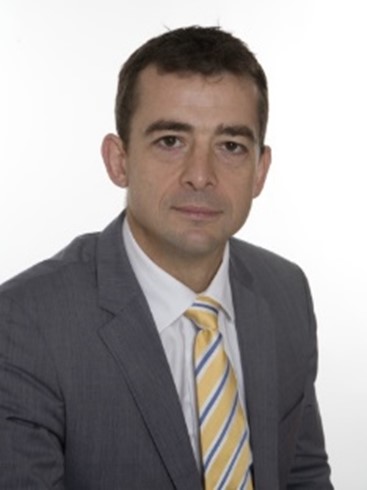
Mark Williams is Practice Manager for Global Knowledge and Expertise in the Digital Development Global Practice. He is an economist with 20 years of experience in the economics, regulation and strategy of the digital sector, covering a range of specialist areas including strategy, policy, regulation, financial analysis corporate restructuring, and litigation.
He has worked in some of the world’s leading economic consulting firms - NERA, Frontier Economics, Deloitte and Berkeley Research Group (BRG). Previously in his career, he spent six years as an economist in the World Bank’s Global ICT team focusing on analytical work and operations in the Middle East and Africa.

Mr Istvan Bozsoki joined the ITU in 1997 to work at the Space Department of the Radiocommunication Bureau and he was dealing with coordination and notification of satellite systems. In 2007 he moved to the Telecommunication Development Bureau and was responsible for spectrum management and broadcasting issues. In April 2013 he became Head of Spectrum Management and Broadcasting Division and since November 2016 he is Head, Telecommunications Network and Spectrum Management Division. After obtaining his degree in telecommunication engineering at the Technical University Budapest in 1980 he spent 17 years at the Hungarian Communication Authority and he was dealing with technical and regulatory aspects of the spectrum management. Among others, he was responsible for the development of a computerized spectrum management system. Later, he was appointed as director of international affairs. He has master degrees in radiocommunications and broadcasting.
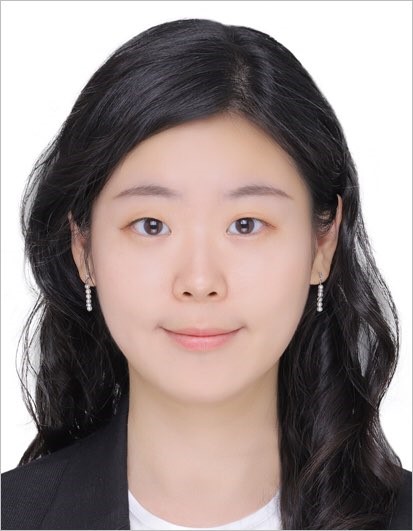
Lucine Munkyung Park is a development professional in the Digital Development Global Practice (GP) of the World Bank. Lucine is engaged in strategic development and planning for the Digital Economy for Africa (DE4A), the WBG’s flagship initiative to harness the potential of digital transformation on the continent. She also works on several investment operations and advisory services in the ICT sector and the wider digital economy in Africa, primarily advising on facilitating broadband infrastructure investment through PPPs and regulatory and policy reforms. Lucine holds a Master’s degree in International Relations and Economics from School of Advanced International Studies (SAIS), Johns Hopkins University, USA, and a Bachelor’s in International Relations from Seoul National University, Korea.
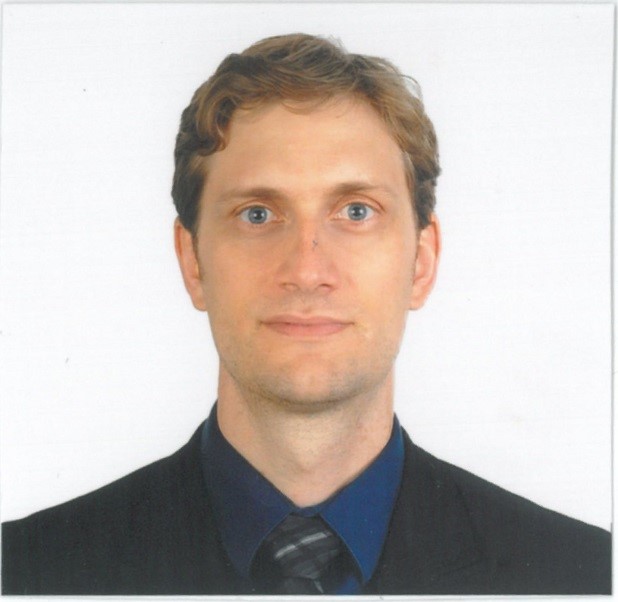
Vladimir Daigele is involved in Infrastructure development initiatives in the UN specialized agency for ICTs (ITU), including the ITU Broadband Maps and the Conformity and Interoperability (C&I) programme.
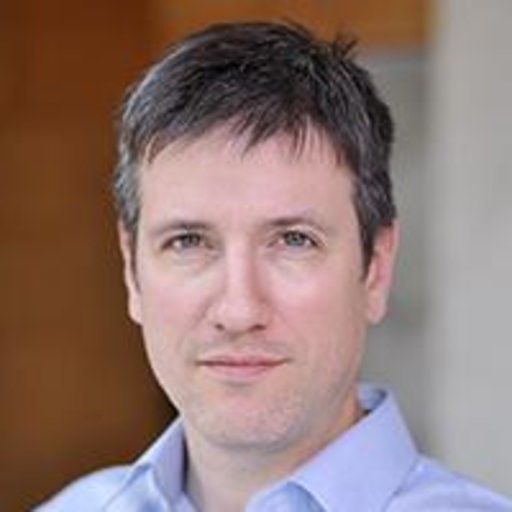
Troy Etulain is a technology-for-development expert with more than 20 years’ experience working on the ground in more than 35 countries. He has designed and implemented dozens of technology programs and has designed global strategies for UNHCR and USAID.
At the ITU Troy serves as a Programme Coordinator for the joint ITU-UNICEF Giga initiative, which aims to connect to connect all young learners to the internet. Troy holds an MA in Development Economics from the Fletcher School of Law and Diplomacy and a BA in English and International Relations from Georgetown University.
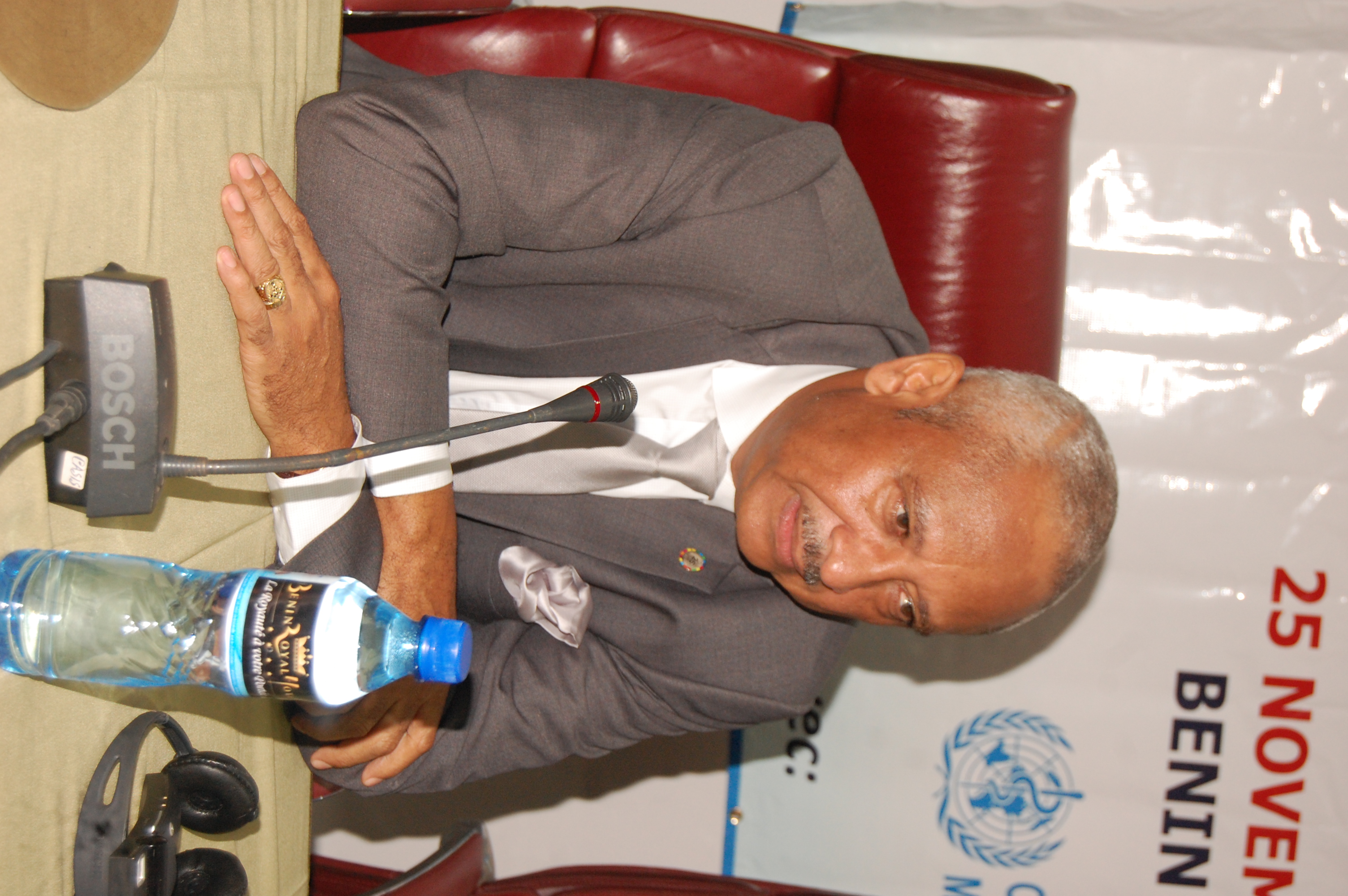
M. MASSIMA –LANDJI Jean-Jacques is a Senior Engineer in Radiocommunications ,Electronics and Computer science graduated in Paris in 1983.
Actually ITU representative, for Central Africa and Madagascar resident in Yaoundé since 2009, J.J. Massima-Landji is Recognized as an ICT senior expert worldwide with a proven and wide experience of more than 38 years in the field of ICT and computer science .
As Senior Adviser to the Ministry of Communications and Telecommunications of GABON, he was posted in Geneva where he spent 9 years in ITU Headquarters in Geneva as the Permanent Representative of Gabon to ITU from 2004 to 2009 and at the Telecommunications development Bureau (BDT) as Coordinator of Iraq Project, from 2000 to 2004. He spent two years as Regional Director for Central Africa for ICO Global Communications, Office based in South Africa from 1998 to 2000.”.
Senior Engineer and Director of Posts and Telecommunications in the Gabonese administration, he managed the Telecommunications of his country during more than 15 years ( Head of Telematics and computer services from 2004 to 2006,Director of Studies and Computer Science 2006 to 2010; Central Director of National Telecommunications from 1990 to 1994 and Deputy Director General of OPT( Office des Postes et Télécommunications), in charge of Telecommunications from 1994 to 1998, Director General of the T.I.G( Société des Telecommunications Internationales du Gabon ) and was the first Chairman of the Regulatory Body of Gabon : “Agence de Régulation des Télécommunications.
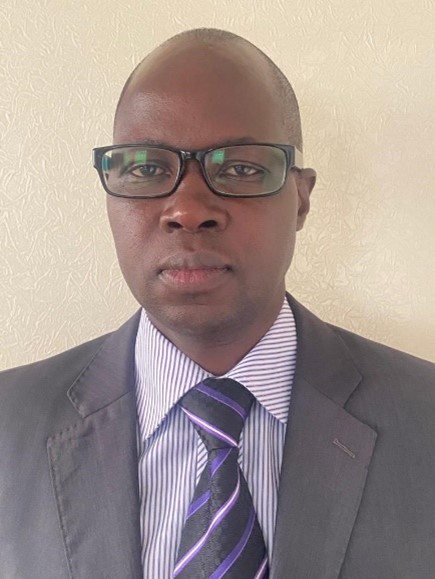
Mr. Crisphine J. Ogongo is the Manager in charge of Telecommunication Licensing at the Communications Authority of Kenya. He has over 20 years’ experience in the regulation of telecommunications sector where he has helped spearhead a series of regulatory reforms from a semi-liberalized market to a fully liberalized and vibrant ICT sector in Kenya. Crisphine holds a Master’s in Business Administration as well as a Bsc. Degree in Electrical and Electronic Engineering.
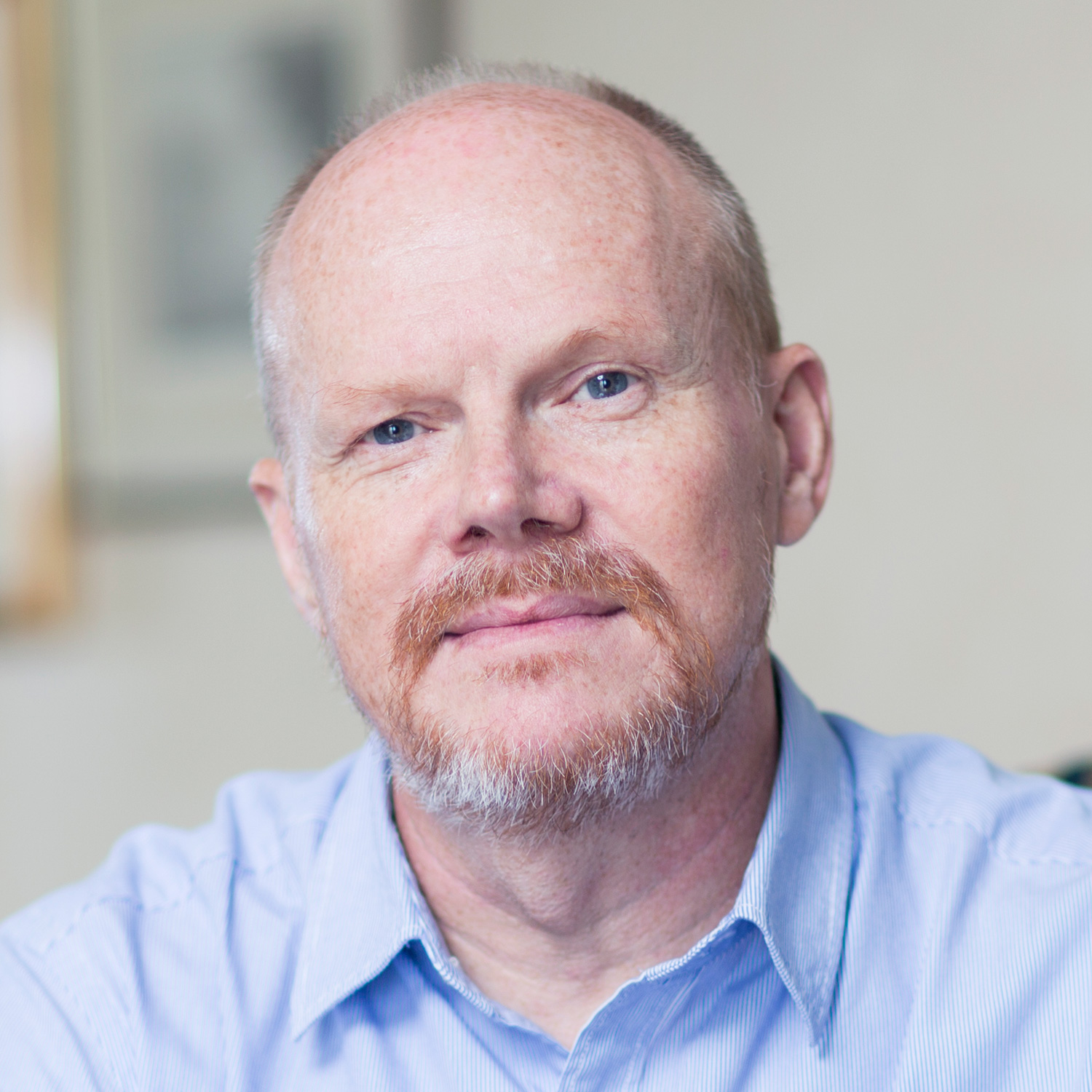
Steve Song is a researcher, entrepreneur, and advocate for cheaper, more pervasive access to communication infrastructure. He is a Policy Advisor with the Mozilla Corporation, a consultant on access regulation and policy to the Association for Progressive Communications (APC), as well as a research associate with the Network Startup Resource Center (NSRC) where he works to expand the use of wireless technologies through shared spectrum strategies. His blog (http://manypossibilities.net) a popular destination for anyone interested in African telecommunications and Internet issues. Since 2009, Steve has been actively maintaining public maps of undersea and terrestrial fibre optic infrastructure in Africa. Steve is also the founder of Village Telco, a social enterprise that manufactures low-cost WiFi mesh VoIP technologies to deliver affordable voice and Internet service in under-serviced areas. Previously, Steve worked at the International Development Research Centre (IDRC), where he led the organization's ICT4D program in Africa, funding research into the transformational potential of ICTs.
-
 C2. Information and communication infrastructure
C2. Information and communication infrastructure
ALC2
-
 Goal 9: Build resilient infrastructure, promote sustainable industrialization and foster innovation
Goal 9: Build resilient infrastructure, promote sustainable industrialization and foster innovation
